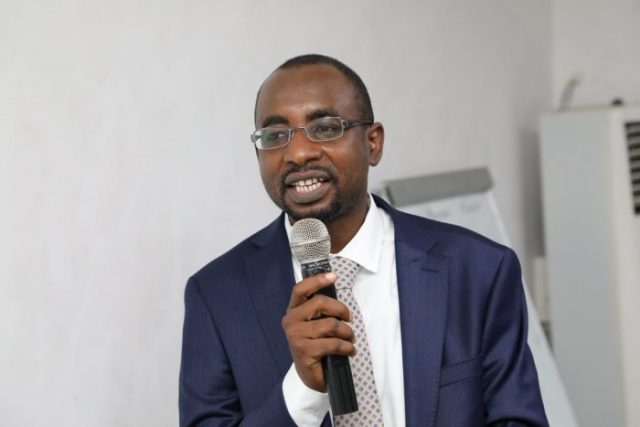The National Information Technology Development Agency (NITDA), says Nigeria must begin to prepare its citizens towards embracing the Fourth Industrial Revolution (4IR), driven by emerging technologies, in line with global realities.
NITDA Director-General, Mr Kashifu Inuwa, said this while receiving Prof. Lawal Taura, Vice-Chancellor, Sule Lamido University, Dutse, Jigawa and his team on an intervention visit in Abuja.
News Agency of Nigeria (NAN) reports that 4IR is the automation of traditional manufacturing and industrial practices, using modern smart technology like artificial intelligence, cloud computing, robotics, among others.
“With what is happening today and how COVID-19 is fast-forwarding the industrial revolution, it has become imperative to increase our level of preparedness and develop capacity in the area of emerging technology.
“We need to look at the educational sector and focus more on skills and research that can be used to develop the economy. People should not see education as the end but means to the end.
“We need to look for ways to change people’s minds on paper qualification and inculcate in them those skills required for the imminent industrial revolution and also focus more on science and technology,” he said.
Inuwa recalled that research by some scholars with Microsoft indicated that by 2030, 800 million jobs would be lost unless people up-skill and re-skill themselves, adding that about 149 million new jobs would be created through Artificial Intelligence and other emerging technologies.
The director-general commended the institution for making progress in courses like agriculture, Information and Communication Technology, Innovations, and Entrepreneurship in its programs.
According to him, there are potentials that can facilitate the nation’s drive to the digital economy in those courses.
He emphasized that the agency was already in partnership with Jigawa Government on digital transformation and smart initiatives and could still collaborate with the institution on research to enhance its projects, especially in agriculture.
Earlier, Taura said the school’s planned new programs for the 2020/21 academic session necessitated the intervention, hence the collaboration.
“We are introducing new courses. We need these interventions and any other support we can get from the agency will be appreciated,” he said. (NAN)









